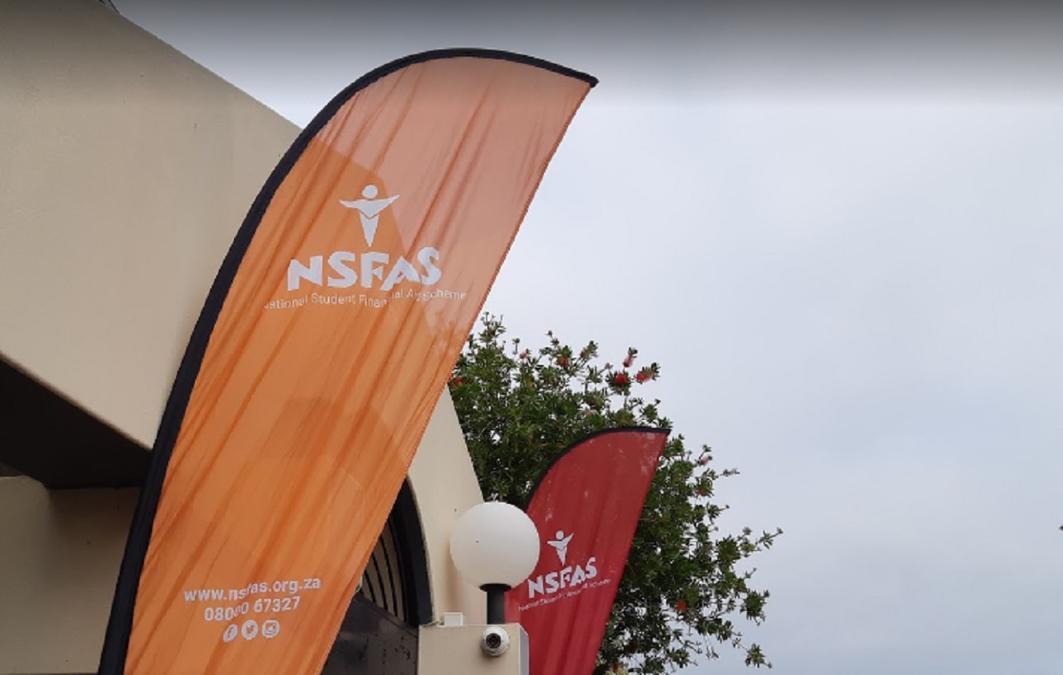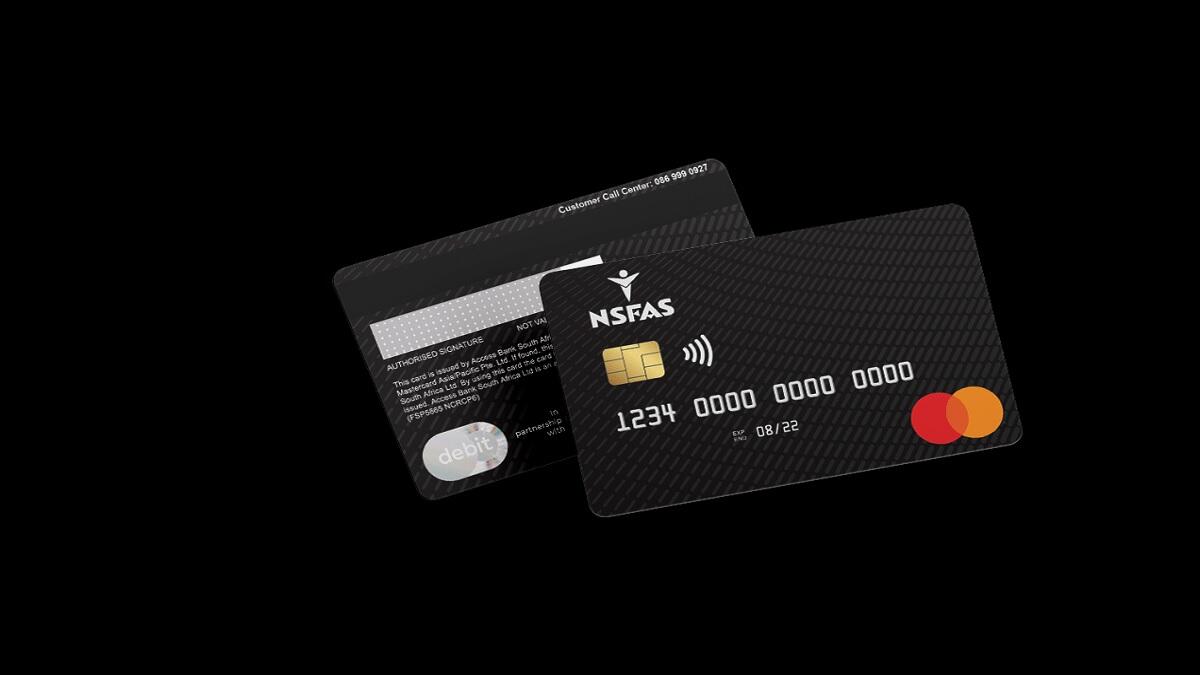Last year, the National Student Financial Aid Scheme put forth several policy changes to ensure smooth operations during the 2023 academic year. However, the late release of matric results has prompted concerns about whether it would delay funding outcomes.

With the 2022 matric results being released later than usual, many have questioned the Department of Higher Education and Training’s (DHET) readiness for the intake of new students and whether it would affect student’s ability to receive funding from the National Student Financial Aid Scheme (Nsfas).
According to the department’s spokesperson, Ishmael Mnisi, newly-funded Nsfas students as well as returning students also won’t be affected by the delay.
“The first entry students [new students] who qualify already received their feedback from Nsfas. They only need to submit to Nsfas their acceptance letters for their institution for final approval for funding,” Mnisi stated.
In a statement issued by the department, Minister Blade Nzimande assured current and prospective university students that the late release of the matric results will not affect the state of readiness for the 2023 academic year.
Nzimande also reminded students that Nsfas application results for 2023 will be communicated to all applicants once the scheme has received confirmation from the Institution that an academic offer has been made.
This will be communicated to all students via SMS, email, and through students’ myNsfas accounts.
“Further details on our state of readiness will be announced by the Minister before the end of January during the Minister’s annual media briefing following the final engagements with all relevant stakeholders within the post-school education and training sector,” explains the department.
Applications for Nsfas funding for the 2023 academic year are still open and with the close on 31 January 2023, prospective students have been encouraged to submit their applications to avoid missing the deadline.
Here’s who qualifies for Nsfas funding:
- All South African citizens
- All Sassa grant recipients qualify for funding
- Applicants whose combined household income is not more than R350 000 per annum
- The person with a disability: Combined household income must not be more than R600 000 per annum
- Students who started studying before 2018 and whose household income is not more than R122 000 per annum.
For further information on the Nsfas application processes, applicants are advised to visit the Nsfas website at www.nsfas.org.za
READ ALSO:
- Bursary WPN Educational Trust 2023
- Union Wants Changes To Be Made To Nsfas Allowances
- How To Activate NSFAS Mastercard
- Avoid This Mistake When Applying For NSFAS Bursary 2023
Demzyportal Category: NSFAS


